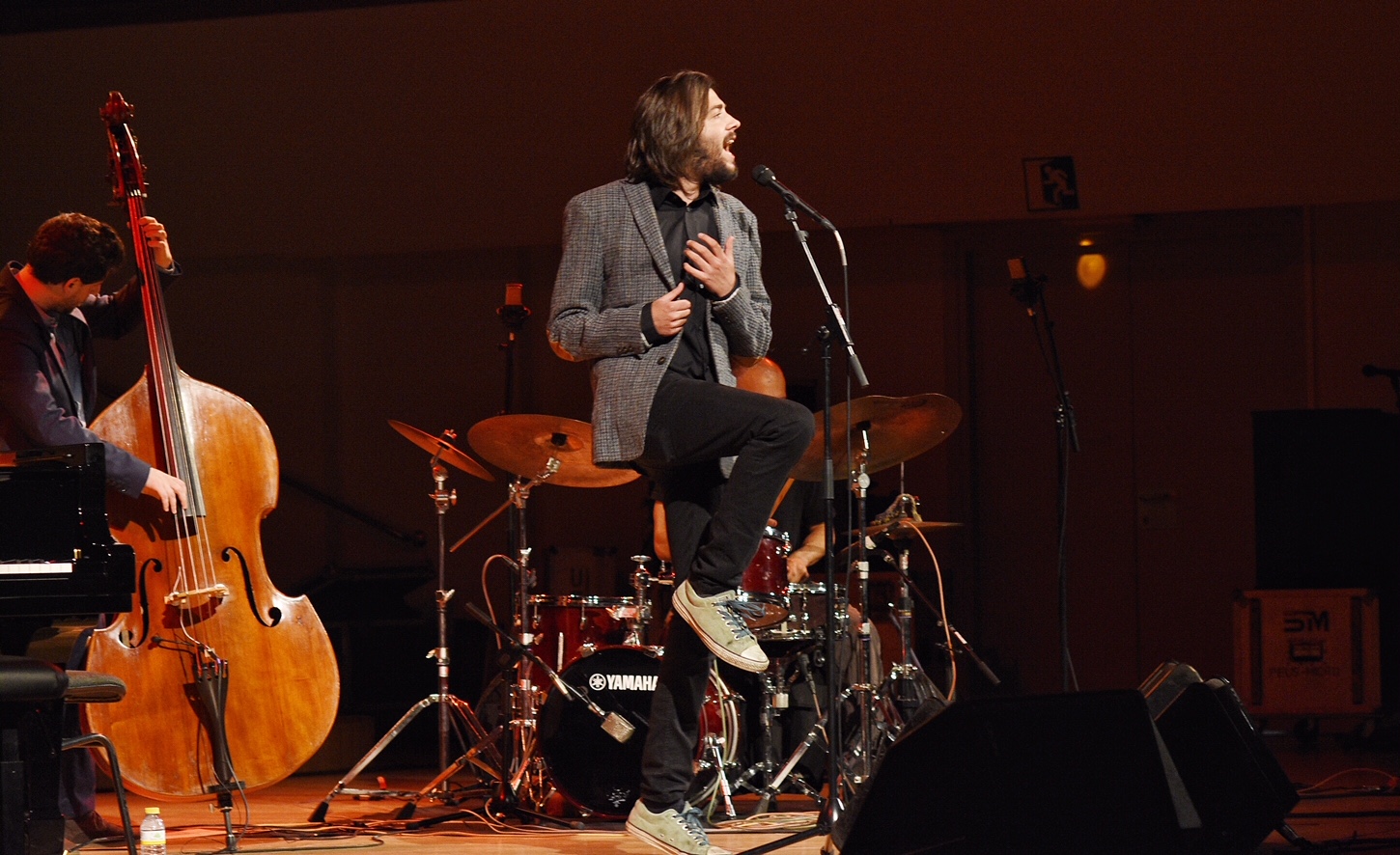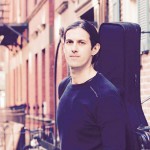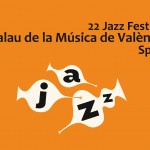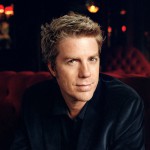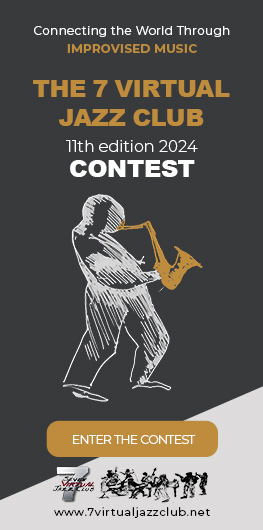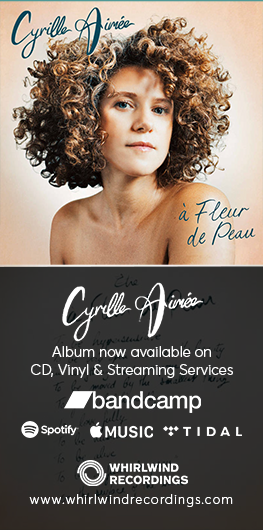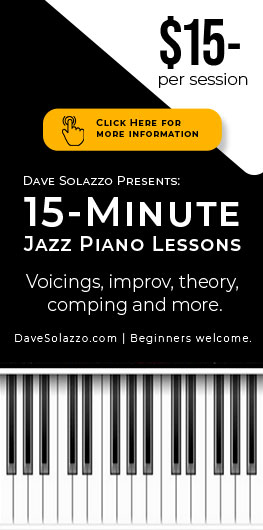Interviewer Marta Ramon Feature photo © Sergio Lacedonia
Salvador Sobral is not a singer but a voice instrumentalist who loves to explore creativity through porous jazz limits. This lively interpreter has domesticated his fame in order to bring to big audiences the real feel of what’s swinging with freedom and no concerns really feels like!
The stylistic aperture of his repertoire, based on an organic approach to music, represents an ecstasy of possibilities that he chases with passion in the very good company of the superb pianist Júlio Resende, the bassist André Rosinha and the drummer Bruno Pedroso. This trio gives to Sobral the ideal embrace to fiercely express himself, with honesty, and with the pure generosity of creating something new every night he is on the stage.
During his stay in Valencia to take part of in the 22 Festival de Jazz del Palau de la Música de València, he met with Jazz in Europe:
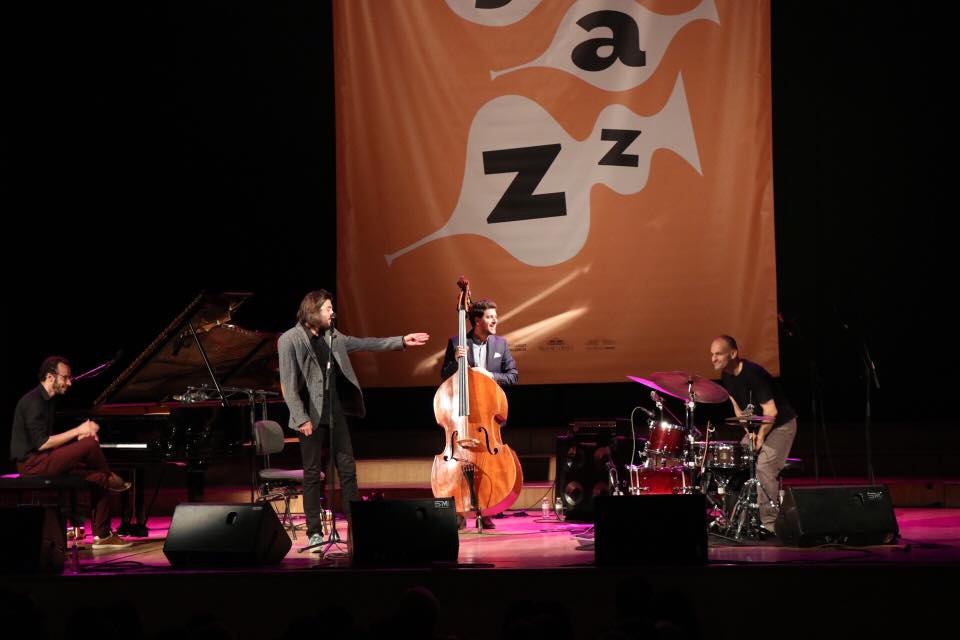
Salvador Sobral and ‘Excuse Me’ performs @ the Jazz Festival, Palau de la Music de Valencia in July 2018
You’re still on the road with Excuse me, but already working on new material. Have you already planned launching a new album?
Now I am just focusing on singles, I launched Mano a mano and now I’ve just presented Cerca del mar. I am thinking about publishing another single maybe in September or October and later on the full album on December. But I am a live musician, not a studio one. It makes me anxious. Playing, singing in front of the audience is something natural for me, but not the studio. It is like “ok, we are going to record to remain forever”… I feel that with singles it flows better, and there is less responsibility.
Until the moment you’ve explored your voice through the jazz perspective by visiting folk influences like Latin and Brazilian rhythms, are you going to keep moving in this direction?
The new repertoire is linked of course to jazz, with maximum musical freedom and space for each musician’s creativity. But there will also be a lot of Latin influence, I am working with Leo Aldrey who is from Venezuela so there will be rhythms from Latin America. He is the composer of the majority of the songs, together with Júlio Resende. But for sure jazz is gonna be the strongest influence in the album. There will also be some tunes I composed. Recently I am hooked by the chanson française so for sure there will be versions, I am thinking about Yves Montand… I would love to make my own version of Coeur de mon Coeur.
Until this moment, it’s been common place to connect you with Chet Baker, but who are your referents nowadays in the European jazz scene?
I don’t really have jazz singers referents… I like Silvia Pérez Cruz work and Antonio Zambujo, even they don’t sing jazz I feel close to what they do. What I like from the Portuguese jazz scene are the musicians, there is not any singer that makes me say “wow”.
That’s perfect because I was not asking about your singer referents. Your singing is like playing, when you are on the stage you sound like a musician, you’re part of the band. So who are your instrumentalist referents?
[Smiles] That’s good to know because I do not like vocal jazz itself. I love Ahmad Jamal, he is such a joker, he knows how to breath and play the exact notes to tease. I like to provoke and that’s exactly what Ahmad Jamal does. I also like Brad Mehldau! I am amazed he is playing in the Valencia Jazz Festival like us. And of course, historical references like Miles Davis or Roy Eldridge. I listen to a lot of jazz, and I like it if it is good. It is difficult for me to find models, I feel like vocal jazz nowadays is tasteless. But now while talking who comes to my mind is Madeleine Peyroux, I like her. I find she is authentic. Sometimes she gets off the key and I love it, because it is real, it’s human.
Your instrument is not just your voice but your whole body. As you like Brazilian music there is perhaps some influence from Hermeto Pascoal from the sounds you produce among the singing?
[Smiles] My gestures and expression affect my singing and vice versa. Now that you ask this, of course I have an enormous singer referent in Portugal! Maria João. She is the freest singer I have ever known. She was not my teacher because I didn’t study in Portugal but she told me once something that really stayed with me: “Salvador, everything that comes through your throat is legitimate. If you wanna burp its right, if you wanna shout its right, and if you wanna cry also”. So I am exploring this as an artistic performance. I like crying and suddenly shouting with anger. All what happens in our bodies is legitimate.
You have a really close relationship with our musical panorama as you studied at Taller de Músics de Barcelona, and now you are reaching your dream of playing in the most important Festivals and venues here. What’s your opinion about the Spanish jazz scene?
There are a lot of good jazz musicians in Spain. I like your heterogeneity, the differences between the regions. I love to feel that jazz is alive here and there are a lot of jazz associations. We don’t have that in Portugal. I like this kind of organization, they help to keep music alive. I personally know the Andalucian Jazz Association, Andajazz, they are always programing activities and concerts, and they invite musicians from other countries like Portugal. And that’s really interesting because there have never been musical exchange between Spain and Portugal, but there is with jazz. We have been always connected by jazz.
And from your experience in Taller the Musics, what do you think about the jazz education?
It is such a thing this idea of musical “academia”. On the one hand I am convinced it is necessary to study theory, harmony… the musical Maths are essential. Anyone that wants to be a musician has to study, I totally support that. But, there are people that just focus on school and later on they don’t have an artistic personality. They sound like their teacher, and they play cerebro notes. Listen to music is maybe the most important learning tool. It is necessary having a positive balance between academia and soul.
Beyond the music education in Taller de Músics, who has been your main mentor?
My sister Luisa, with no doubt. She always gave me perfect advice throughout my different life stages. She made me realize that if I truly wanted to make music I had to study. And that’s why I went to Barcelona. And I was lucky to found figures who guided me on the way, for example, guitarist Omar Lanuti who I met when I played in bars in Palma de Mallorca. He introduced me to Chet Baker, Miles Davis and all timeline jazz musicians to Keith Jarrett. He showed me this music, he was a great mentor to me as well.
So jazz music is relatively new for you…
Completely, the music I have grown up with is the 60’s music, all the bands that my father loves. Beatles, Beatles, Beatles. And that was so good! If I ever have a child I’ll do the same. Beatles from the beginning, they are musically rich. And also other ones like Bob Dylan, Fleetwood Mac, The Beach Boys… My father listened to those and I listened to Ray Charles a lot and to Stevie Wonders. My mother used to tell me I just like the blind ones… [smiles]. Then when I came to Spain I had a traditional blues repertoire, T-Bone Walker, Leadbelly… everything like really old. Then when I met Lanuti he told me to listen to Chet Baker’s “But not for me”. When I heard it I flipped out, I transcribed the solo, the intro… I listed everything from him and I got obsessed. And then from Baker I gradually, little by little, got the taste for more complicated language like Coltrane’s.
What’s your feeling toward contemporary jazz?
There are some things I love like Mehldau’s work, or Herbie Hancock. But I am a swing lover; I am totally seduced by the swing’s walking. I am more to the 30’s – 60’s jazz time, if it swings I feel connected. In that sense I am traditional.
Are you aware that you play a really important role to bring jazz to big audiences that are not into jazz yet?
That’s what I’d like to do, to show music that usually is not available in the mass channels. The good point of being popular is that I can reach a wider public and share good music with them. My musician friends also support me in that, and that’s great. In Portugal they used to call us “the jazz prophets”, because we played also in small villages where there are persons that have never seen a double bass. I am happy with the moment I am living, that’s the reason I do what I do. Getting in touch with people and travelling through making music is what I most like.
Interviewer: Marta Ramon
Artist: Salvador Sobral YT Video: Salvador Sobral Channel
Photo credits: Sergio Lacedonia, Palau De La Musica de Valencia, Salvador Sobral Facebook – and (c) info: all rights go to original recording artist/owner/photographer(s).
Last modified: April 25, 2020


